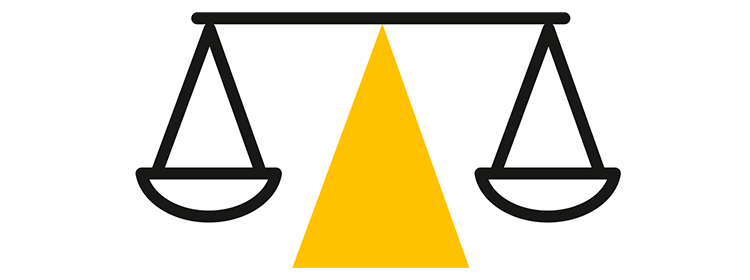
The 9th of December is International Anti-corruption Day, and corruption is rife at the moment.
When you have senior politicians and business leaders downplaying their corruption as business as usual, Houston we have a problem.
The UN states “Corruption affects all areas of society. Preventing corruption unlocks progress towards the Sustainable Development Goals, helps protect our planet, creates jobs, achieves gender equality, and secures wider access to essential services such as healthcare and education.
“The 2021 International Anti-Corruption Day seeks to highlight the rights and … read more by subscribing.


New Article Email Notification